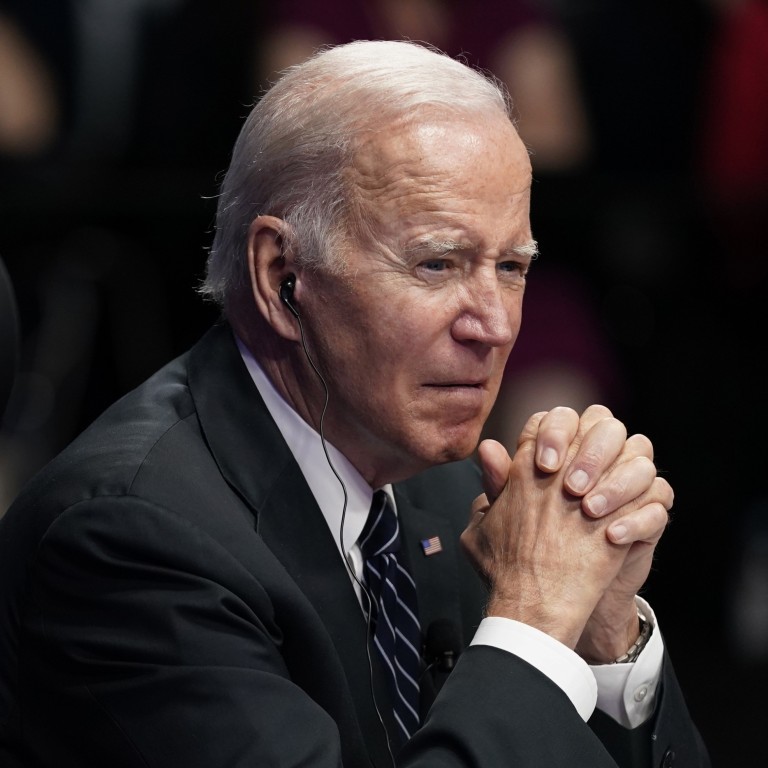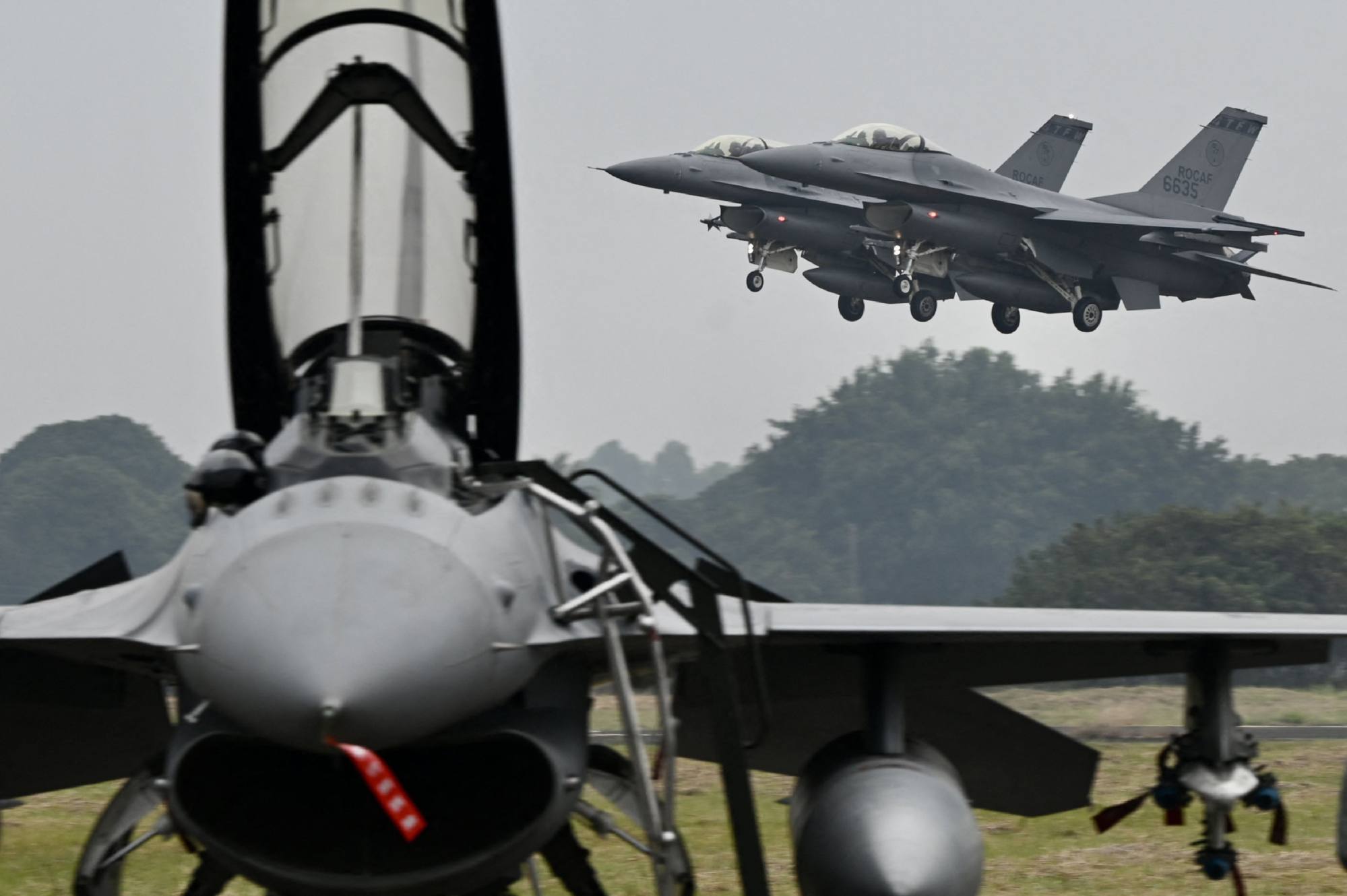
Joe Biden’s comments on US defending Taiwan could cause missteps, analysts say
- The US president’s assertion that America would be willing to get involved militarily to defend the self-governing island appears to erode long-standing strategic ambiguity
- Some China watchers say the commander-in-chief’s string of unclear statements on the matter could heighten uncertainty, confusing Beijing and others in the region
And like those other statements, it was subsequently walked back by White House officials asserting that long-standing policy had not changed.
“I’m not sure China has much confidence that the US has a one-China policy. What they’re seeing is increasingly unclear US statements on Taiwan,” said Bonnie Glaser, Asia director with the German Marshall Fund of the United States.
“I think it’s important for our allies, friends and our adversaries to understand what our policy is,” Glaser added. “Failure to do so could prompt the very attack by China we seek to avoid. I don’t see that [Biden’s] constant misstatements are helping.”
“I’m concerned about the possibility of Xi Jinping believing he has to do something because he looks weak,” Glaser added. “Chinese politics are especially opaque right now … This is not a good time to back him into a corner.”
Joe Biden’s comments about defending Taiwan ‘send signal to Beijing’
Biden has a history of uttering misstatements at odds with official policy. Even analysts advocating a policy shift from long-standing “strategic ambiguity” to “strategic clarity” on Taiwan’s defence say the confusion does not help.
“Clarity is monumental for the island’s future and could help sustain peace in the Taiwan Strait and the Indo-Pacific,” Weifeng Zhong, a fellow at George Mason University’s Mercatus Centre, said. “All this messaging in terms of creating confusion is not good, with this or just about any foreign policy goal.”

Clear intentions should accompany clear statements, Zhong argued, including a stronger US military presence in the Asia-Pacific to deter China and more support for Taiwan economically.
“Unless you really commit resources to it, talk is always cheap,” said Zhong, who does big data analysis of Chinese propaganda to predict policy shifts. “It undermines America’s reputation.”
‘A cold war strategy’: Biden’s Indo-Pacific pivot set to challenge China
Monday’s comments were not merely “Biden being Biden”, analysts said, referring to his reputation as an ageing politician who speaks his mind. Biden has “misstated” US strategic ambiguity toward Taiwan repeatedly, leading some to question his support for his own government’s policy.
His remarks were also made in the context of Russia’s February 24 invasion of Ukraine and reflect his strong belief in the need to prevent large powers from invading their neighbours.
“Some say it’s just him making gaffes, but to me that doesn’t explain it,” said Shirley Kan, an independent Asian security specialist formerly with the US Congressional Research Service. “His staff keeps having to correct him without saying they’re correcting the commander-in-chief.”
That could leave Beijing with little immediate recourse other than intensifying the rhetoric.
“No one should underestimate the strong resolve, determination and capability of the Chinese people in safeguarding national sovereignty and territorial integrity,” foreign ministry spokesman Wang Wenbin said Monday.
As US chips away at one-China policy, fears grow for Taiwan’s uneasy peace
Biden and Xi could meet virtually again soon, the White House said last week, which would provide an opportunity for Xi to further express his displeasure and for Biden to clarify his stance.
Last November, Xi during a virtual meeting with Biden warned against “playing with fire”. And in a second virtual meeting in March, he warned Biden that war was “in no one’s interest”.
“This has always been the most dangerous situation in the relationship,” Glaser said. “But at this point it’s especially dangerous against the background of intensifying competition.”

